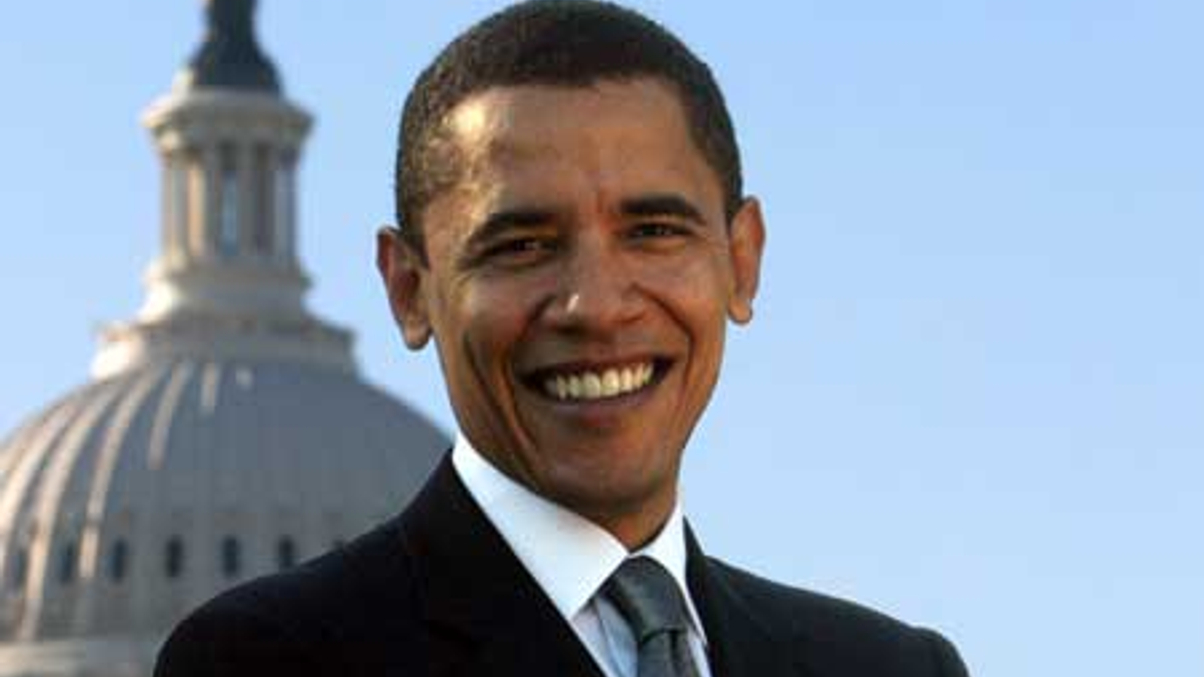The global upshot of Obama v Romney
A win for Barack Obama will lead the US dollar to appreciate, says BoA Merrill, while noting the impact of US fiscal tightening on global GDP growth.

Bank of America-Merrill Lynch flips between bullish and bearish on US dollar appreciation depending on the outcome of the tight presidential race.
Sign in to read on!
Registered users get 2 free articles in 30 days.
Subscribers have full unlimited access to AsianInvestor
Not signed up? New users get 2 free articles per month, plus a 7-day unlimited free trial.
¬ Haymarket Media Limited. All rights reserved.


